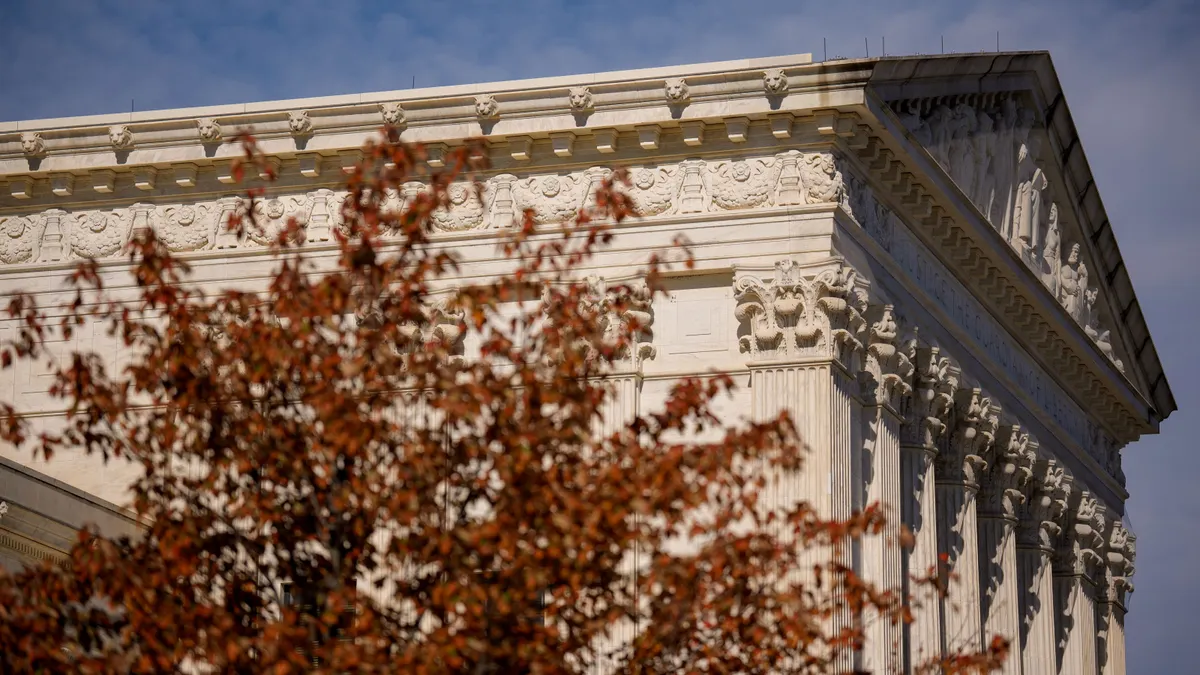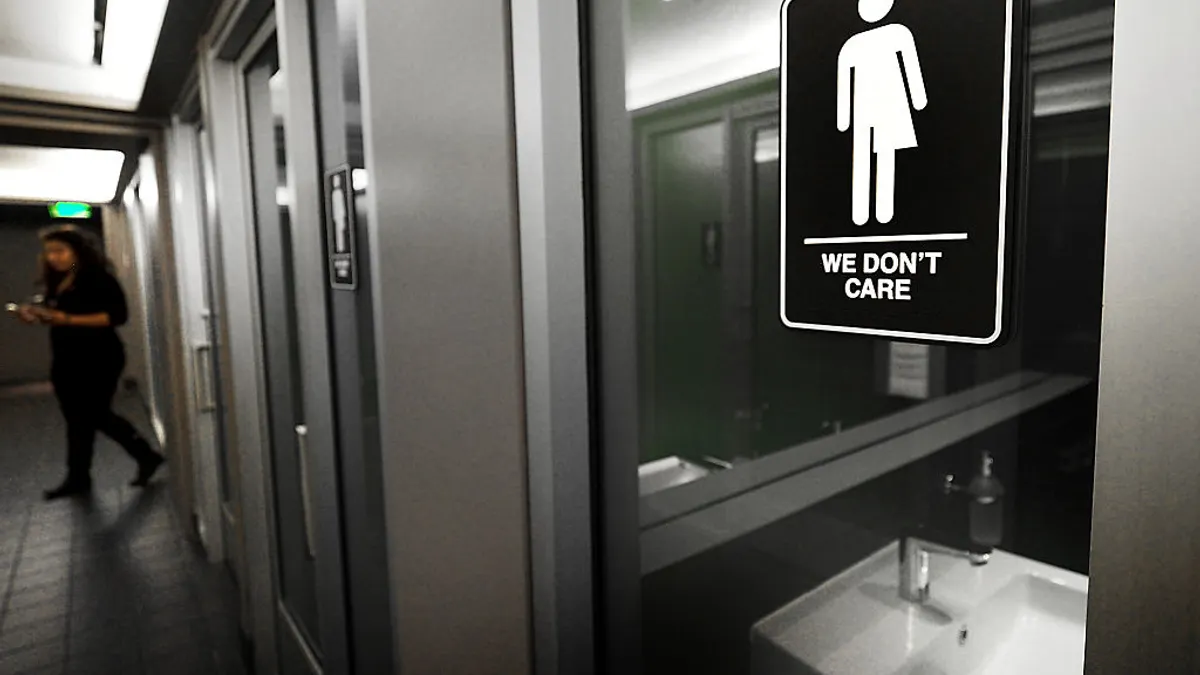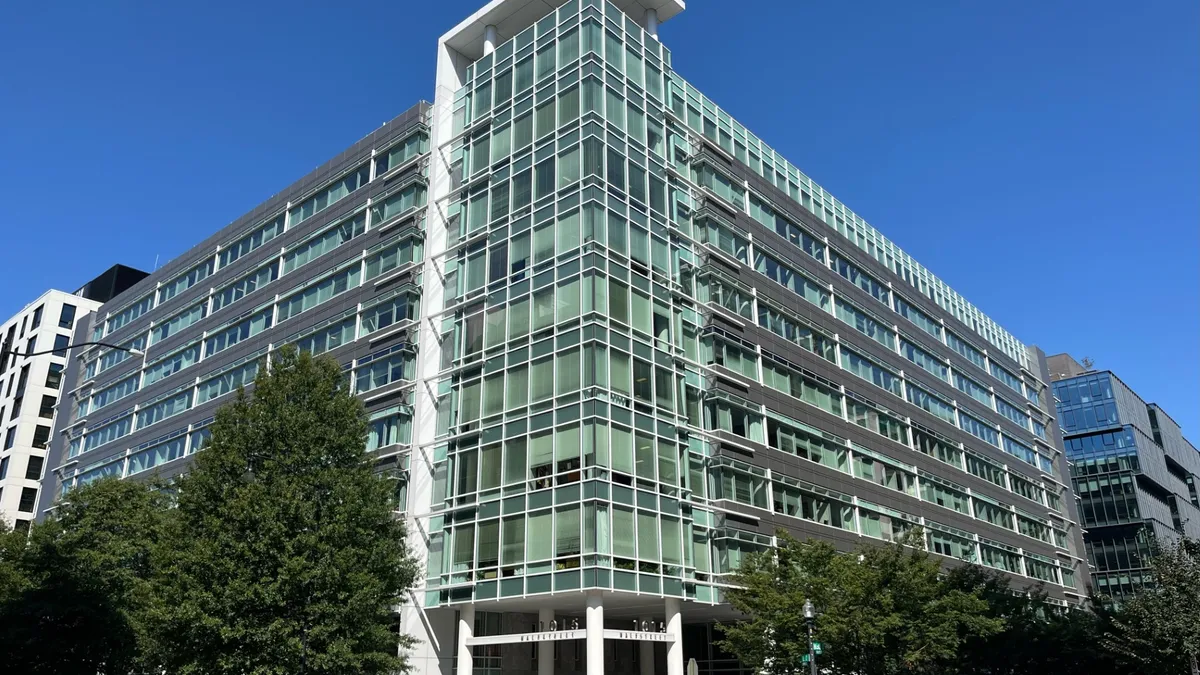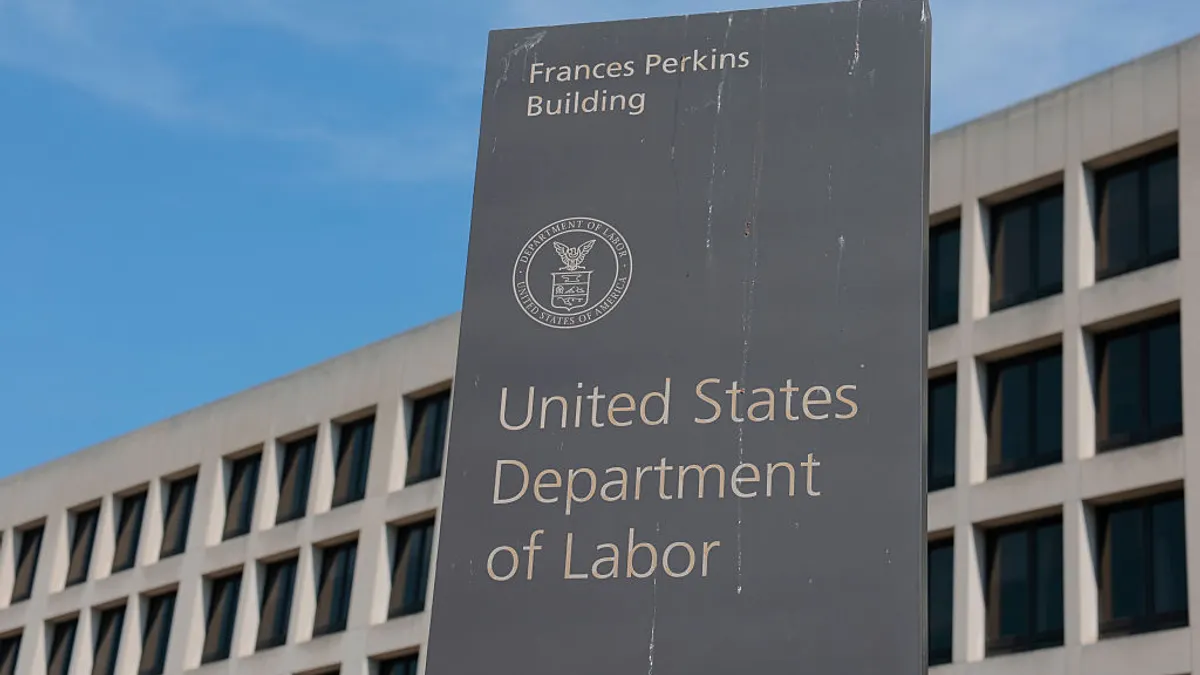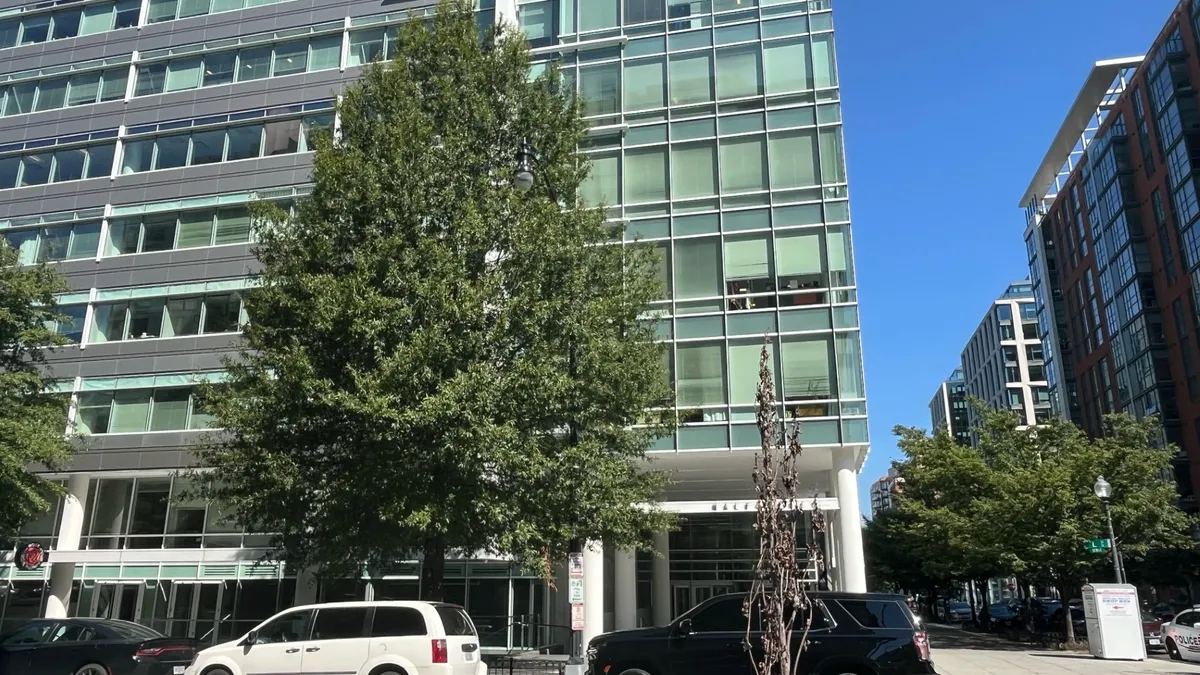A 2024 U.S. Supreme Court decision lowering harm standards for plaintiffs pleading employment discrimination has broadened the array of litigation employers could face, an attorney told attendees at a Nov. 18 National Employment Law Institute virtual event.
In Muldrow v. City of St. Louis, the court held that employees challenging discrimination need not prove that they suffered “significant” harm under Title VII of the 1964 Civil Rights Act. Instead, the unanimous court said such plaintiffs must show merely that “some harm with respect to an identifiable term or condition of employment.”
The result is notable in part because the plaintiff alleged that a forced job transfer resulted in changes to her responsibilities, perks and schedule as well as an overall less prestigious role. She suffered no economic damages as a result of the transfer, though the loss of prestige indicated emotional and personal harm.
Muldrow is already shifting the bases on which employees allege they’ve faced adverse employment actions in violation of Title VII, according to Cameron Fox, partner at Paul Hastings.
“I personally am seeing more cases where transfers and [their] effect on the career and the psyche is being alleged as damage,” Fox said. The court’s updated harm standard, she added, is “a very low threshold” that “at least, in theory, could keep us employment lawyers pretty well-employed.”
One case shows how Muldrow could favor plaintiffs moving forward. In 2023, the 5th U.S. Circuit Court of Appeals in Hamilton, et. al. v. Dallas County overturned prior court precedent limiting actionable adverse employment actions under Title VII to ultimate employment decisions. Instead, the court sided with female police officers who claimed that a scheduling policy which only permitted male officers to select full weekends off was discriminatory.
The 5th Circuit’s decision came down prior to the U.S. Supreme Court’s decision in Muldrow but after the high court granted certiorari to hear that case. The 5th Circuit noted that SCOTUS’ decision was forthcoming but nonetheless held that the scheduling policy represented a term, condition or privilege of employment, reversing a three-judge panel’s decision in favor of the employer.
That Muldrow may make similar claims actionable is also noteworthy because U.S. courts have long said that they are not “super HR departments” in which the slights and frustrations of a modern workplace are to be litigated, Fox said; “Well, [Muldrow], I would argue, takes us back from that position and creates an opportunity for courts to get clogged with a number of disputes over similar workplace decisions.”
But not all post-Muldrow cases have come down on the side of employees.
In Pratt v. Scientific Applications International Corp., a Virginia district court decided that an employer’s temporary requirement that unvaccinated employees comply with masking guidelines during the COVID-19 pandemic or choose from a list of non-work alternatives to maintain their employment did not constitute disability discrimination under Muldrow.
The court reasoned that, even after SCOTUS’ decision, temporary adjustments in response to unexpected situations like the pandemic do not constitute adverse employment actions.
Fox said the decision in Pratt is interesting given that the transfer at the center of Muldrow was also temporary in nature. But courts also have recognized that employers “were doing the best they could” in response to the pandemic, Fox noted, and a similar fact pattern may not lead to the same result absent a reaction to a similar emergency.
Another employer-friendly verdict comes from a Georgia district court’s decision in Reed v. Beko Technologies Corp., which resulted in an overturned jury verdict in favor of an employee who alleged race discrimination. The plaintiff voluntarily resigned, alleging that his supervisor repeatedly asked him to resign after he complained of discrimination.
The court in Reed found that the supervisor’s resignation requests did not amount to a threat and could not constitute an adverse action. It also found that the voluntary resignation could not be construed as such.
Fox said the outcome in Reed surprised her; “If the CEO of my employer is telling me, ‘You should quit,’ I think that would be considered sufficiently a threat at least in some jurisdictions to be able to qualify for the harm.”



